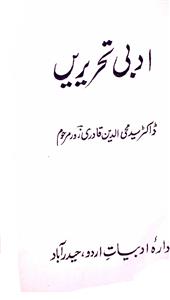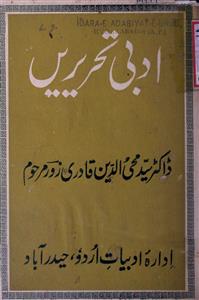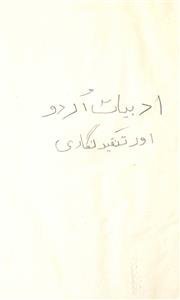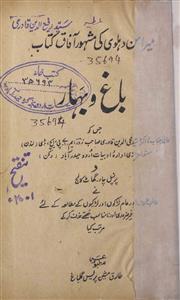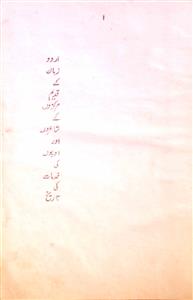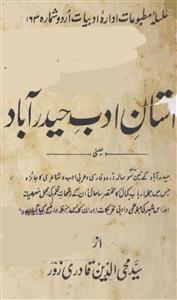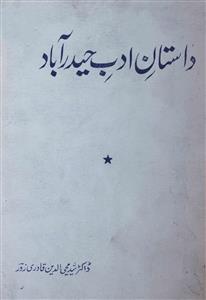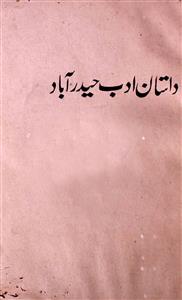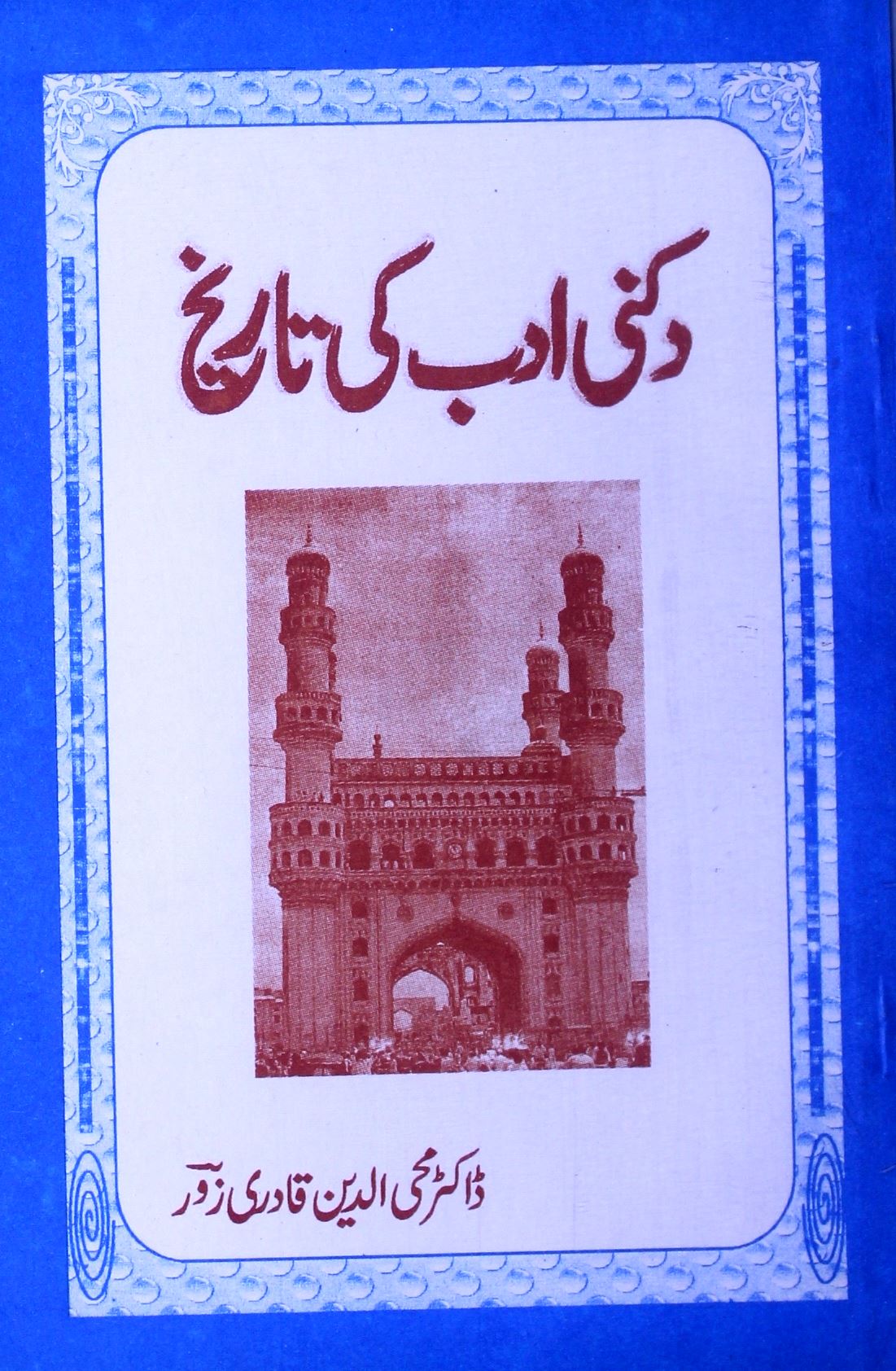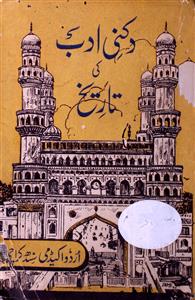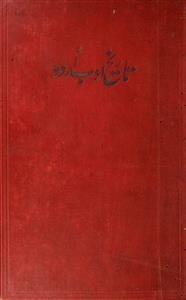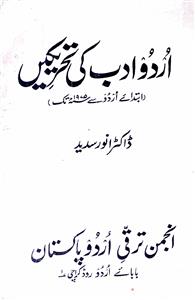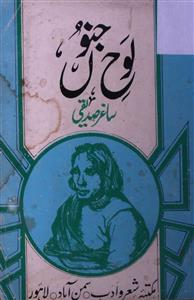 For any query/comment related to this ebook, please contact us at haidar.ali@rekhta.org
For any query/comment related to this ebook, please contact us at haidar.ali@rekhta.org
About The Author
Mohi-ud-Din Qadri Zor was born in 1904 in Shahganj, a neighborhood of Hyderabad. His father's name was Mir Ghulam Muhammad Shah Qadri Al-Arfa'i. His lineage goes back to Syed Ahmad Rifai. His predecessors came to the Deccan during the Tughlaq period and settled in an area of Kandahar. His father Muhammad Shah Qadir al-Rifai was engaged in such religious activities. Zor was first educated at Darul Uloom Madrasa. He then studied at City High School and Ottoman College. He received his BA in 1925 and his MA in 1927. Then he moved to London in 1927 and received his PhD from the University of London. Then in 1930 he went to Paris and did research on acoustics, as well as a degree. He also visited Geneva and Rome. Then came Hyderabad. He later became a reader at the Ottoman University. With the help of his colleagues, he established the "Urdu Literature Institute". yeda Jaffer writes that the merger of Darul Uloom and Chawar Ghat College came into effect in 1950 and she was appointed as the principal here. Dr. Zor retired from this college in 1960. He established the Abul Kalam Azad Oriental Research Institute. He was also a member of Sahtia Academy. He was also associated with the magazine "Aaj Kal". He then became the President of the Department of Urdu and Dean of the University of Kashmir.
Zor donned many hats, one is the status of a linguist and the other is that of a researcher. He has been instrumental in bringing Deccan literature to the fore and laying the foundations of the early stage of Deccan literature is today known as the Urdu literary school. His research expanded the history of Urdu and brought to light some rare specimens of Deccan. He is credited with doing a remarkable job in making Deccan linguistics important. His first work “Urdu Shah-Pare”, addresses this trend, later, "Tazkira Gulzar-e-Ibrahim" and "Tazkira Gulshan-e-Hind" were published from Aligarh through his efforts. He wrote a book on the development of Urdu in the Ottoman period, and documented a short but important book on the history of Deccan literature, which is still helpful in understanding Deccan literature today. His efforts in bringing famous poets of Hyderabad to the fore are significant. Dr. Zor edited the second volume of "Muraqqa-e-Sukhan", and published the voluminous Kulliyat of Quli Qutub Shah, as well as other important books such as “Mani-e-Sukhan’.
On September 23, 1962, he had a heart attack which left him paralyzed. Doctors treated him but to no avail. On the night of September 24, 1962, he finally left his mortal coil. He had already built a grave for himself at Inayat-e-Ilahi Monastery, which is located in the Old Bridge neighborhood of Hyderabad, but was buried in Kashmir. Upon hearing the news of his tragic demise, the next day, several state ministers and dignitaries gathered at his residence to offer condolences. His body was taken away at twelve o'clock in the afternoon. The funeral was arranged by the Deputy Registrar, University of Kashmir. In the afternoon, this famous figure of Deccan literature was buried.
 For any query/comment related to this ebook, please contact us at haidar.ali@rekhta.org
For any query/comment related to this ebook, please contact us at haidar.ali@rekhta.org
